GPs are important, but these days, getting an appointment is nearly impossible, especially when you just need something small sorted.

That’s where pharmacists quietly step in. They’re way more useful than most people realise, and they can save you time, stress, and sometimes even a trip to the clinic. Here are some things your local pharmacist can help with, no trip to your local surgery required.
1. Sorting out minor skin issues

Got a rash, dry patch, or random flare-up? Your pharmacist can usually tell you if it’s something simple they can treat with an over-the-counter cream, or if it needs a GP’s attention. You don’t need to suffer through itching or irritation waiting for a doctor’s note.
They’ll often recommend antihistamines, antifungal creams, or gentle skin care swaps based on what they see. As a bonus, they’ll actually explain how to use it properly, without the rushed vibe you sometimes get in a surgery.
2. Helping with hay fever and allergies

If spring hits and suddenly, your face is 80% sneeze, your pharmacist can help. They’ll guide you to the right antihistamine based on your symptoms, and tell you which ones won’t knock you out or clash with other meds. They can also recommend nasal sprays, eye drops, and even preventative tips that make allergy season way more manageable. It’s quicker than waiting two weeks to be told to buy something you could’ve already picked up in aisle four.
3. Offering advice on coughs, colds, and sore throats
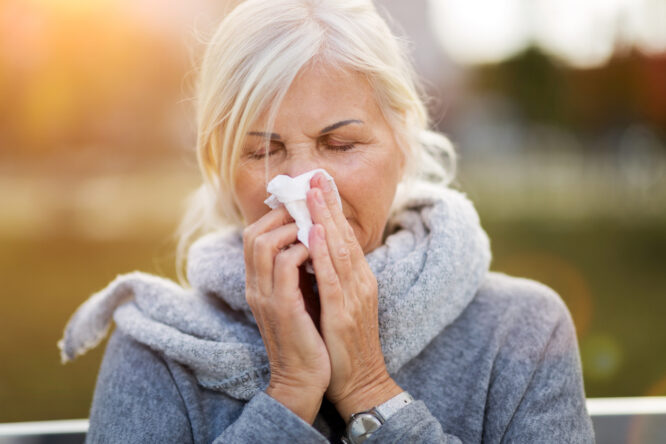
Not sure if it’s a cold or something more? Your pharmacist can help you figure it out. They’ll ask about your symptoms, how long you’ve had them, and recommend things to ease discomfort or speed recovery. They’ll also flag anything that might need a GP visit, like a persistent cough that’s gone on too long. But for the usual stuffy nose and scratchy throat, they’ve got you covered with no need to book in.
4. Managing indigestion and heartburn
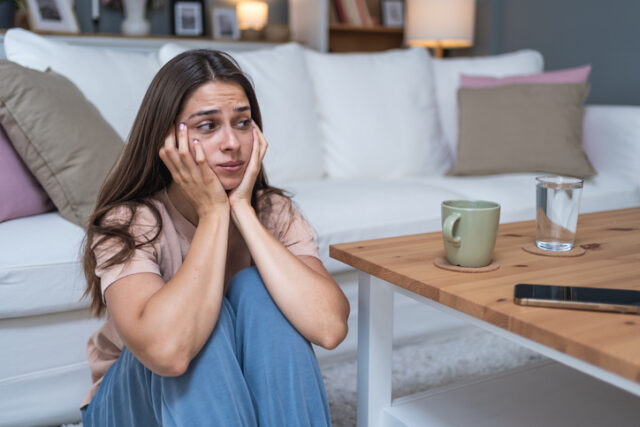
If your chest feels like it’s holding a tiny volcano, a pharmacist can recommend the right treatment based on your symptoms. From antacids to longer-acting acid blockers, they’ll explain what works and when to take it. They’ll also give you practical lifestyle tweaks, like avoiding eating right before bed or switching up trigger foods, that actually help. It’s surprisingly effective when someone takes the time to break it down.
5. Offering support with quitting smoking

Thinking of quitting? Your pharmacist can guide you through it—no lectures, just support. From nicotine patches to gum to prescription options like Champix (in some areas), they can help you figure out what suits your lifestyle best. Many pharmacies also offer stop-smoking services, including regular check-ins and encouragement. It’s low-pressure and super accessible—which makes a big difference if you’re serious about cutting back or quitting for good.
6. Helping with contraception options

Some pharmacists can now provide the pill without needing to go through your GP. Even if they can’t prescribe it themselves, they can answer questions about side effects, switching brands, and what to do if you miss one. They’ll also help with emergency contraception—no judgement, no drama, just fast advice. And because it’s often walk-in, it’s way more convenient than waiting around at a surgery or urgent care centre.
7. Managing thrush or UTIs
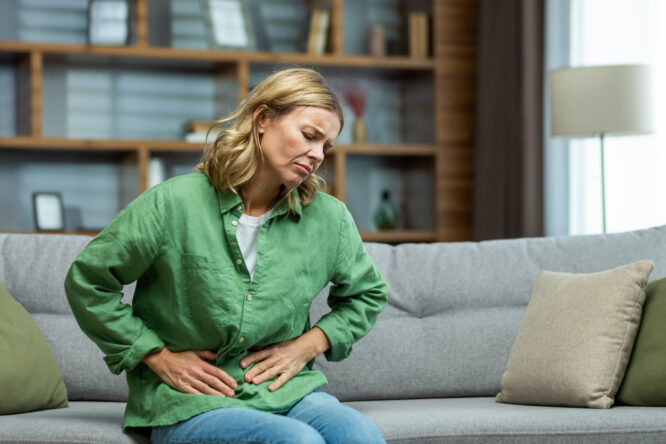
Pharmacists can spot the signs of common issues like thrush or a mild urinary tract infection and suggest treatments right there and then. You don’t need a full GP visit for things that are easy to recognise and treat quickly. In some areas, pharmacists can even provide antibiotics for UTIs under local schemes. If not, they’ll still help you understand the symptoms and when to escalate it. Either way, you leave with clarity and a plan.
8. Advising on travel vaccinations and meds

Planning a trip somewhere far-flung? Many pharmacists can offer travel health consultations, recommend vaccines, and even prescribe antimalarials, all without seeing a doctor first. They’ll also give you advice on how to pack a decent travel first-aid kit based on your destination, which is way better than panicking in a foreign pharmacy later. It’s one-stop prep, sorted.
9. Helping with minor injuries and burns

If you’ve cut yourself or spilled hot tea on your hand, your pharmacist can help with wound care, dressings, and burn creams. They’ll let you know if it’s treatable at home or if you need to get it looked at properly. Plus, they’ll show you how to clean and dress it in a way that actually promotes healing—not just slap a plaster on and hope for the best. It’s the kind of quiet first-aid advice that can save a lot of stress later.
10. Providing flu jabs and vaccinations

You don’t have to go through your GP for seasonal jabs. Many pharmacies now offer flu vaccinations, COVID boosters, and other routine shots, often on a walk-in or quick-book basis. It’s fast, convenient, and saves a trip to the doctor’s office. Plus, they’ll keep it chill if you’re needle-averse. No long wait, just in, jab, and out. Job done.
11. Reviewing your medication

If you’re on regular medication and have questions about side effects, timing, or what works with what, your pharmacist is the person to ask. They know your prescriptions and can spot potential issues your GP might not have time to flag. They can also suggest cheaper or more convenient alternatives, explain how to get the most from what you’re taking, and offer ways to simplify your routine, especially if you’re juggling more than one medication.
12. Helping with sleep issues

Can’t sleep but don’t want to dive into prescription territory? Your pharmacist can recommend gentle, over-the-counter remedies—like antihistamines or herbal blends—and explain how to use them safely. They’ll also share lifestyle tips that actually work, not just “don’t look at your phone.” Sometimes a fresh set of eyes on your routine is all it takes to start sleeping better.
13. Supporting with mental health basics
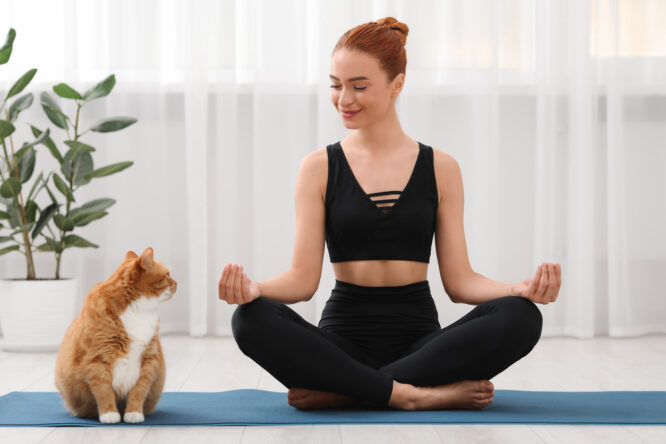
Pharmacists aren’t therapists, but they can absolutely help if you’re feeling anxious, low, or just a bit off. They’ll talk you through over-the-counter options, point you toward local services, and explain side effects if you’re starting medication. It’s a safe, pressure-free space to ask questions, especially if you’re not ready to book in with a GP but know you need something to change. And sometimes, just being heard is a solid start.
14. Giving non-judgy advice about sensitive stuff
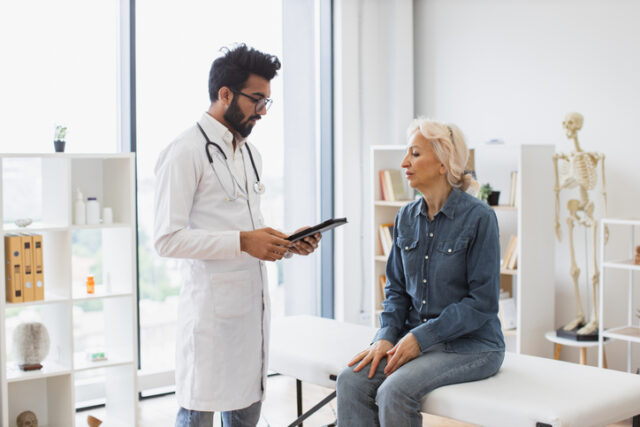
Embarrassing health issues? Your pharmacist has seen it all. Whether it’s athlete’s foot, body odour, hair loss, or stomach problems, they’re trained to handle it discreetly and professionally. They won’t make you feel weird or judged—they’ll just help. And you’ll walk away with answers, a plan, and maybe even a bit of peace of mind. Way better than Googling symptoms at 2am and spiralling.




